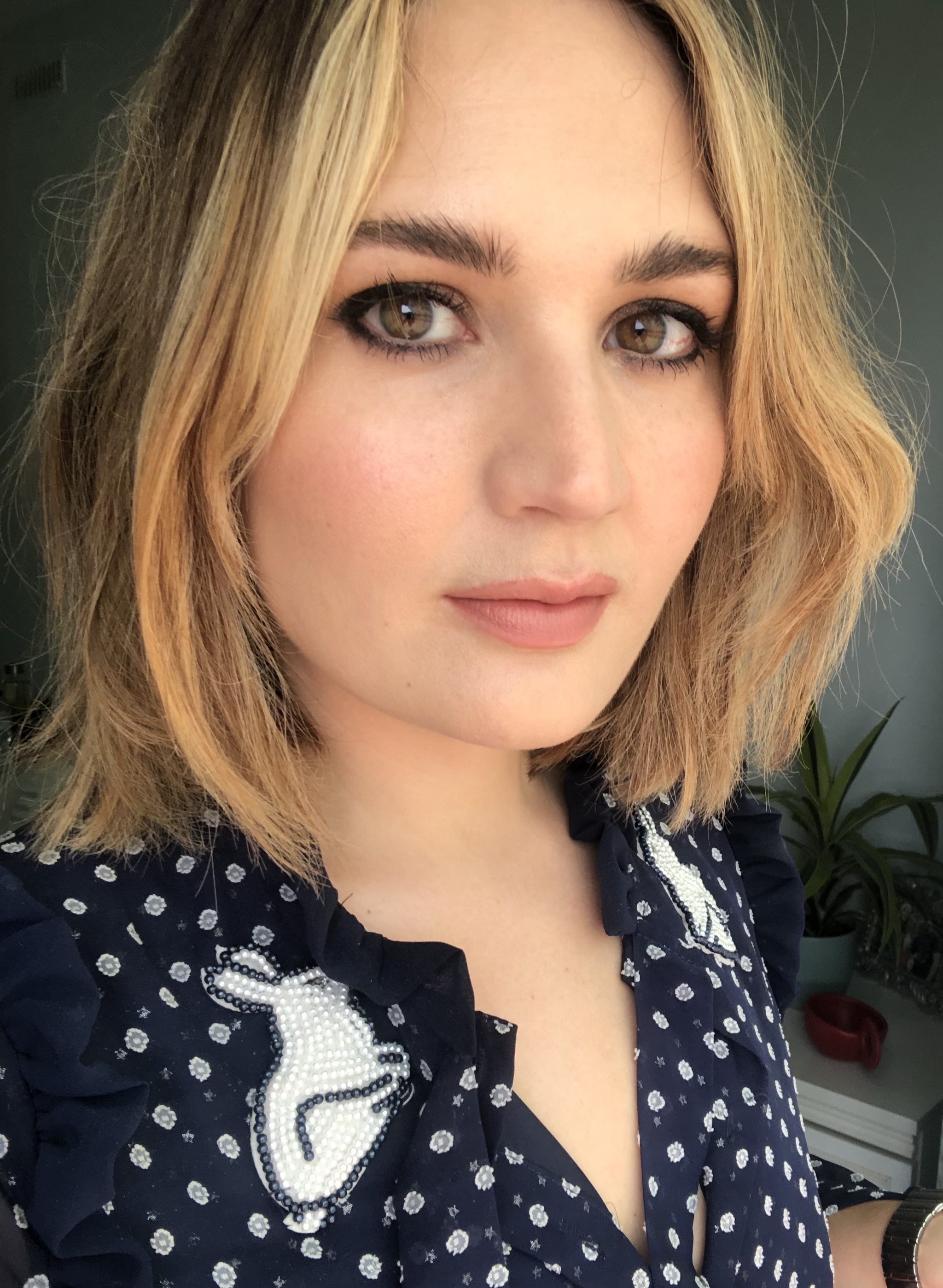I went from needing glasses every day to having perfect vision in 15 minutes as a result of this procedure
And no, it's not laser eye surgery
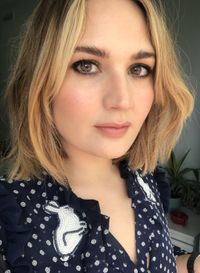
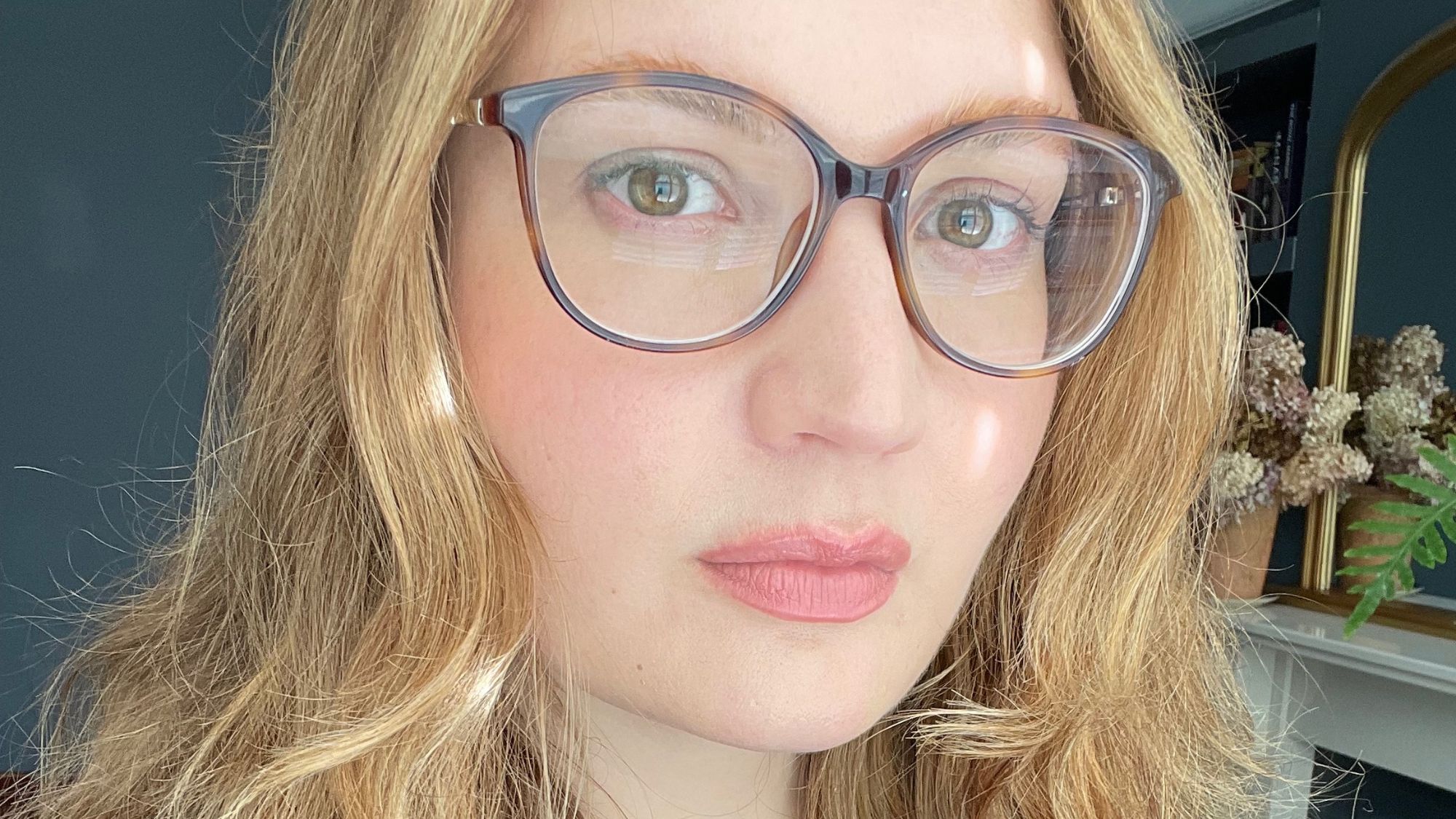
Celebrity news, beauty, fashion advice, and fascinating features, delivered straight to your inbox!
You are now subscribed
Your newsletter sign-up was successful
Poor eyesight affects plenty of us (even Prince William, apparently). Mine started to set in when I was in my early teens. It began with not being able to see the blackboard. Then I needed glasses for the cinema, too. Next, I couldn't see my friends when I'd walk into a busy room to meet them. By 17, I had to ask those friends if the boys I thought I fancied were even vaguely attractive because I couldn't trust my eyes to tell me (I blame this for some of my dubious choices of men at that age and maintain that it was my eyesight, not dodgy taste, which led me astray).
In my 20s, it started to worsen, so I got contact lenses. This was a joy at first: I could see my whole face as I applied eye make-up and eye cream and not just a portion, was able to play tennis, to ski. But as time went on and I relied more heavily on said lenses, my eyes became dry and cross, and I ended up wearing my glasses more regularly to counter the effect they were having.
I found glasses incredibly inconvenient as a day-to-day solution. They steamed up when I got on the tube on a cold day. Left indents on my nose. Provided a perfect field of vision through the centre but the vast difference between that and the periphery fuzzy image made me feel less than confident walking around London. They almost always felt dirty and smeared with grease, which I generally ended up trying to wash off around six times a day. I couldn't swim underwater. Or go in a steam room.
Everyone I spoke to about my frustration over my myopia told me to have laser eye surgery. So easy. So quick. Such a perfect fix. Only when I went to check if I was a good candidate, I was told that, no, my corneas were too thin and that it wasn't recommended.
Deflated, I assumed the less than merry dance between lenses and glasses would just be my cross to bear - until I went into the Western Eye Hospital one day when my eyes were feeling worryingly sore.
There, I met the surgeon Ali Mearza, who checked my eyes and then told me that while Lasek and Lasik might not be for me, an ICL Implant could correct my vision, my astigmatism, and dryness in one whammy. I was sold.
The only problem? It involved cutting a little into my eyeball, then inserting a lens. Did reading that send a shiver of repulsion through you? Hearing it certainly did for me; I couldn't think of anything worse than holding still while a scalpel went into my eye, so littered Mr Mearza with MANY questions.
Celebrity news, beauty, fashion advice, and fascinating features, delivered straight to your inbox!
Here's my experience of the surgery, and some of the questions I asked prior.
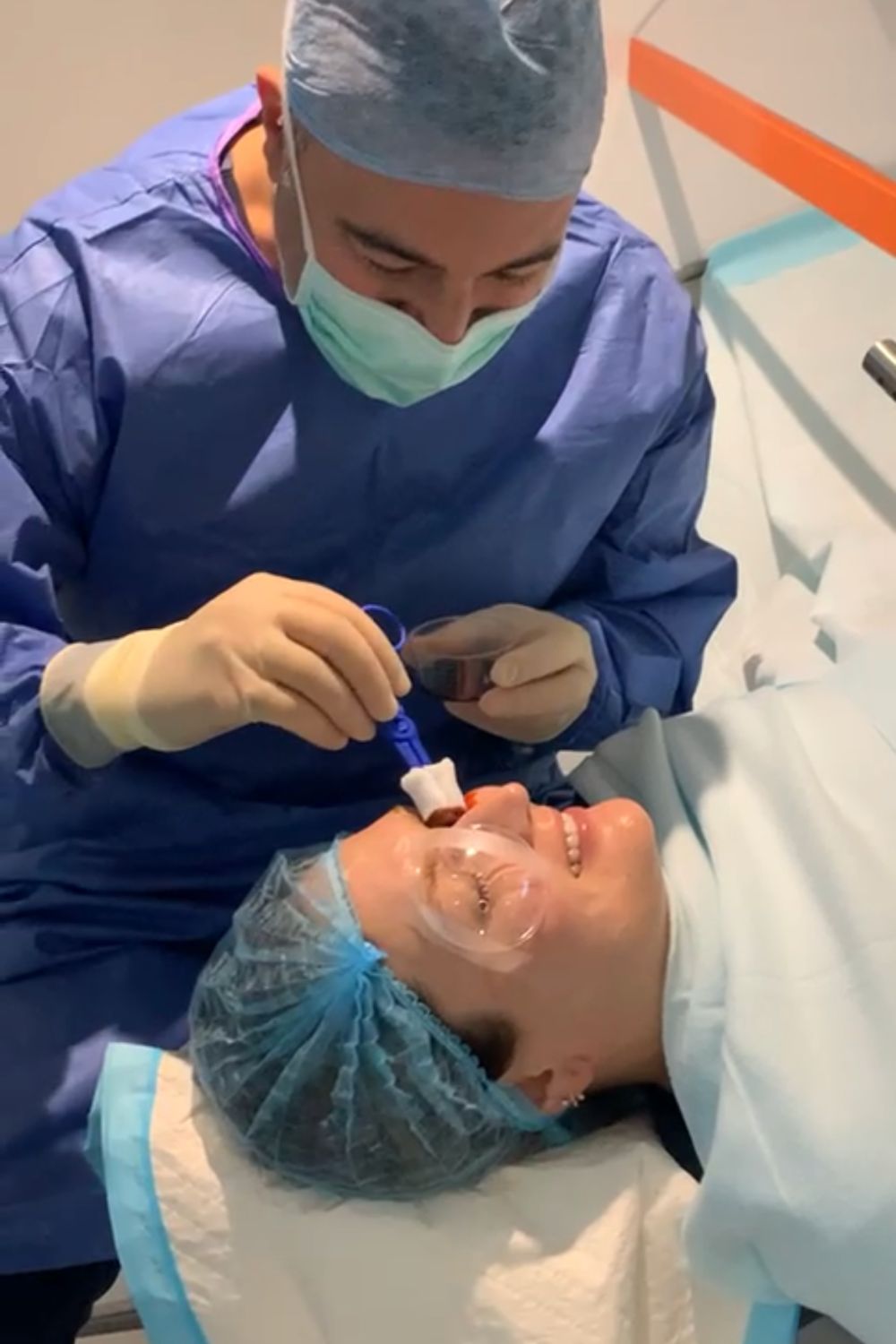
What exactly is an ICL implant?
Before committing to surgery, I wanted to know precisely what was going into my eye, so asked Mr Mearza to answer this one. His response: "ICL stands for 'Implantable Collamer Lens', sometimes also referred to as an implantable contact lens. Essentially, it’s a thin biocompatible lens that is inserted into the eye to correct vision – usually for high prescriptions e.g. high myopia. It can also correct astigmatism (where the eye is rugby ball shaped) as well as some degrees of long sightedness."
How long is the operation?
I checked into the New Cavendish Street branch of OCL Vision at 8am, and left at around 10:30am—but most of that time was spent prepping me for surgery (which involved dilating my pupils, and numbing my eyes, etc.), and checking details. The surgery itself wasn't more than 10 minutes, though I was lightly sedated so it felt like it went by very quickly indeed.
Was the surgery painful?
From the minute I entered the operating theatre, I can quite genuinely say that I felt no pain whatsoever. At one point there was the sense of slightly pressure (I expect this was when the lens was inserted), but that aside, no sensations at all. Oh, and I didn't see anything. The scalpel and other tools were too close for my eye to register them, so all I saw throughout were what looked like some distant lights (phew).
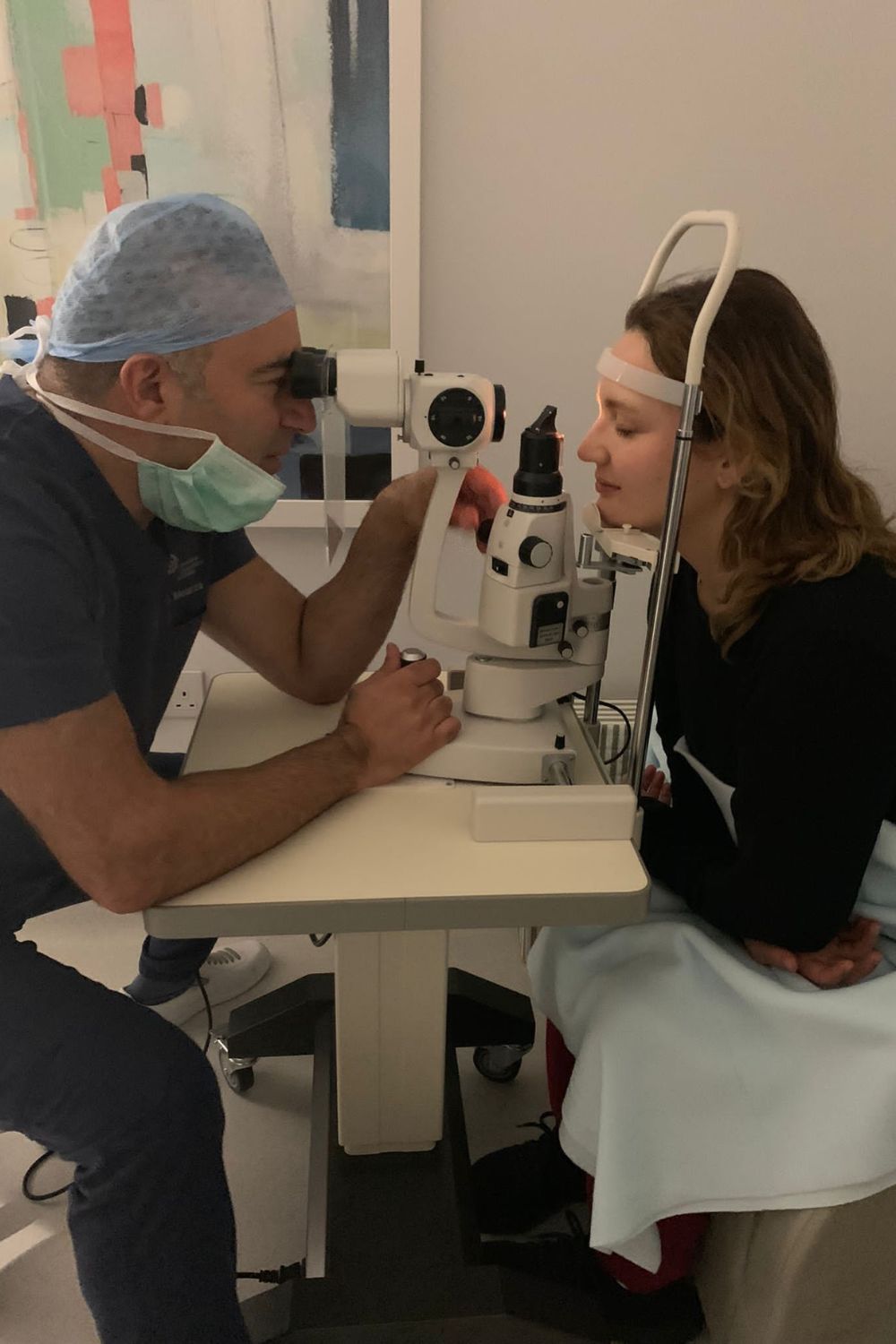
How long does it take before you can see post-operation?
When I let the theatre, I was taken straight into a darkened room where my vision was tested and, a little sensitivity aside, I could see everything properly, for the first time in over 25 years.
As the days went on, the sensitivity subsided, and the only residual signs that I'd had any surgery were slightly halos of light in the evening when a lamp or street light was overhead.
Three months later, I still have a little bit of this, but it's minimal (and a very small bother compared to the extreme myopia I used to suffer from). Mr Mearza has assured me that for most people the halos are completely gone within a year.
What are the risks?
The main thing I repeatedly asked prior was 'what are the odds of my losing my eyesight?' Minimal, it turns out.
I was e-mailed a list of all the risks prior and while they of course run the full gamut from soreness to loss of vision, I weighed that against the risks associated with contact lenses and felt it was a leap worth taking for me. I followed the aftercare instructions to the letter, assiduously applying drops whenever required, and had a very smooth and uneventful recovery period.
Madeleine Spencer is a journalist and broadcaster who has contributed to titles including Grazia, Glamour, InStyle, The Independent, The Evening Standard, and Stylist, as well as offering commentary for the BBC, Sky News, and ITV.
She is keen on exploring the significance beauty rituals, products, and memories have on people from different walks of life, and enters into conversation on the topic with guests on her podcast, Beauty Full Lives.
